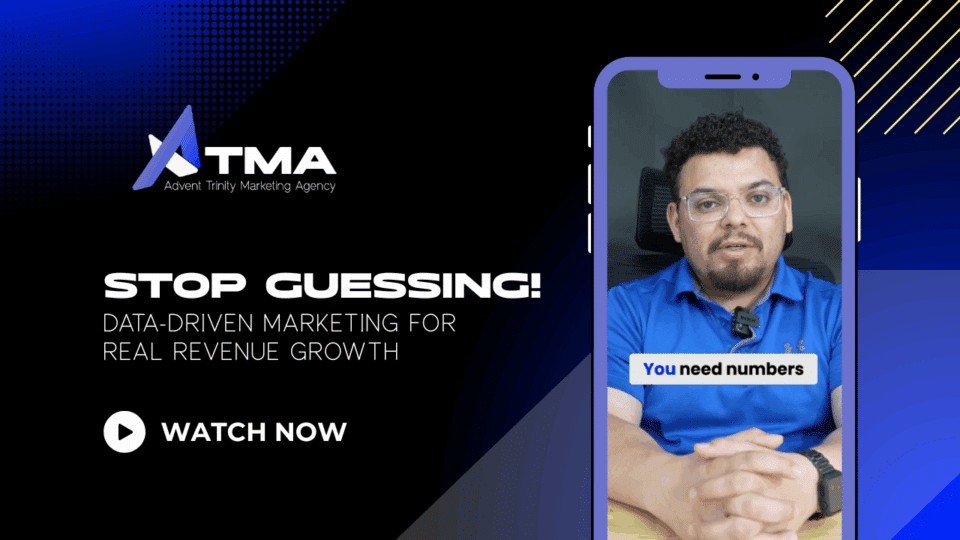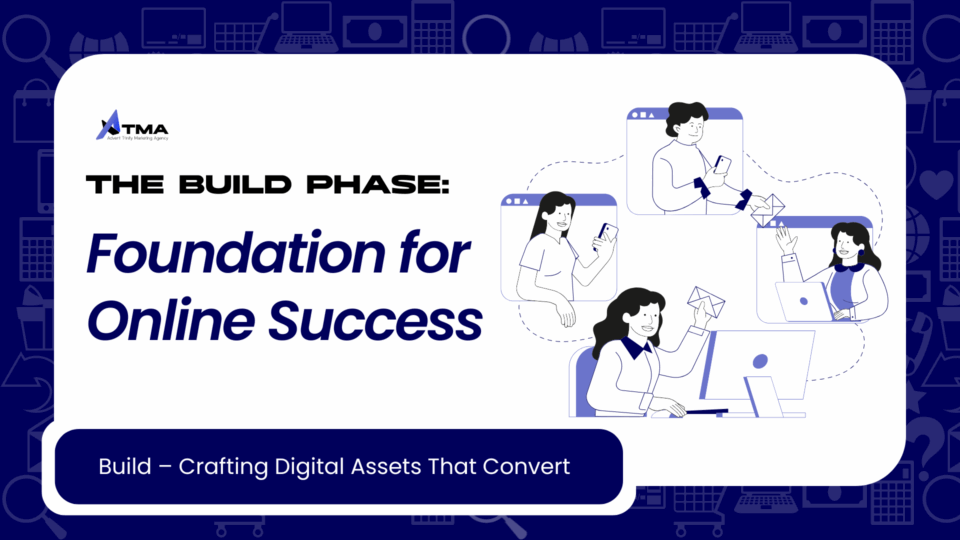
Customer Service: How COVID-19 Impacted It & What’s Next
December 10, 2021
Build Your Email List: How To Do It
December 21, 2021What Makes an Ad Memorable?
Creating compelling and memorable ads requires knowing your audience, understanding their challenges, and finding common ground that will resonate with them. Here is what makes an ad memorable according to research.
The whole point of an ad is to capture people’s attention and take action. When talking about digital ads, creativity is key. We believe that a good ad is one that is written and designed to emotionally connect with its target audience.
The first thing your audience will notice is the photo or graphic, so it needs to be high-resolution and eye-catching. The second thing they’ll notice is the headline. If neither of these things is gripping enough, you’ll lose them. In fact, Moz reports that 80% of readers never make it past the headline. If they do make it past the headline, they’ll want copy that is well-written. The copy must compel the reader to click on your call to action (which studies show needs to look like a clickable button). These four components make for an effective ad. But what makes it memorable?
Why Consumers Remember Ads
Hubspot surveyed 281 U.S. consumers and asked them to think back to a recent ad they saw and what made it memorable. Respondents could only select a single answer.
Their research found that funny commercials were the number one reason why respondents recalled ads.
The second highest response was the value respondents attributed to the information presented in the commercial.
The remaining options each made up less than 8% of the answers. Some remembered the ad because the product featured seemed valuable (7%), the ad told an interesting story (4%), or had a catchy element like a jingle or tagline (4%).
Additional reasons included:
- It featured interesting characters (3%)
- It was high action (3%)
- It made them sad (2%)
- It related to a topic I’m interested in (2%)
- It featured a celebrity or expert they knew (2%)
- This survey also revealed that the least popular reason for ad recall was ad quality –meaning if it looked high budget (1%) or low budget (1%).
Eight percent of respondents said they remembered the ad for other reasons. One could be that the ad used fear, as that is a common tactic used in commercials. Particularly those that aim to change user habits or invite them to take action, like voting or smoking.
The Use of Humor In Advertising
Everybody loves a good meme. They’re usually relatable and hilarious. Meme marketing is huge right now. In fact, you’ve probably seen a few of your favorite brands use memes with a simple, nonsales-y text. It’s very effective and people are more likely to share your post on social media.
In the top YouTube ads over the last two years, five out of nine ads that ranked were funny.
HubSpot’s research revealed that ad recall was the strongest in ads that used humor. This supports research from a 2018 advertising survey by Clutch which showed that consumers prefer (and remember) ads that make them laugh.
Humor – when done right – brings people together through shared experiences. In fact, that’s what meme marketing is based on.
It allows people to forget their stresses.
Thinking back to 2020, at the height of the COVID-19 crisis, many brands halted ads and avoided humorous ads altogether, as many consumers found them inappropriate.
Executive Creative Director Dave Hannenken from the advertising agency Hoffman York, wrote an article in which he highlighted some shared experiences we had during the pandemic: Working from home, baking banana bread, and spending more time with kids and pets.
To get humor right, it’s all about finding a common ground and expanding upon it. It has to be appropriate, it has to be relatable, and it needs to be relevant to your brand.
The Use of Education in Advertising
At the beginning of the buyer’s journey, consumers aren’t aware of the solutions to their problems. They may be aware of the challenges they face, but that may also be further down in the journey.
Education can be an effective tool in building trust with your target audience and helping them move down the funnel.
Data from a 2018 Clutch advertising survey revealed that consumers want ads to teach them something. Fifty-one percent of respondents said they disliked an ad because it was uninformative. Being informative is valuable to consumers.
Viewers want to leave an ad knowing about the product, the brand, and even the industry.
Education-driven ads can work particularly well for sustainability-conscious brands who share facts about the environment in their ads and explain what their company is doing to address it.
They appeal to consumers who value social responsibility and make purchasing decisions based on that – which is about 46% of consumers, according to a 2019 report.
Education can also be effective in ads that aim to promote an action or change a behavior.
While humor is a great way to grab their attention, it’s not the only way to captivate an audience.
What Might Not Impact Ad Memorability
While this is just a small consumer survey, a few of the items that don’t seem to impact how memorable ads were to participants are perceived budget (high or low) and celebrity cameos. While only 1% of respondents say they remember ads because they had a high or lower budget, only 2% say they recalled an ad because of a celebrity or expert featured in it.
It’s more important to educate or tell an interesting story about your brand or product.
Ultimately, creating compelling and memorable ads requires knowing your audience, understanding their challenges, and finding common ground that will resonate with them.




